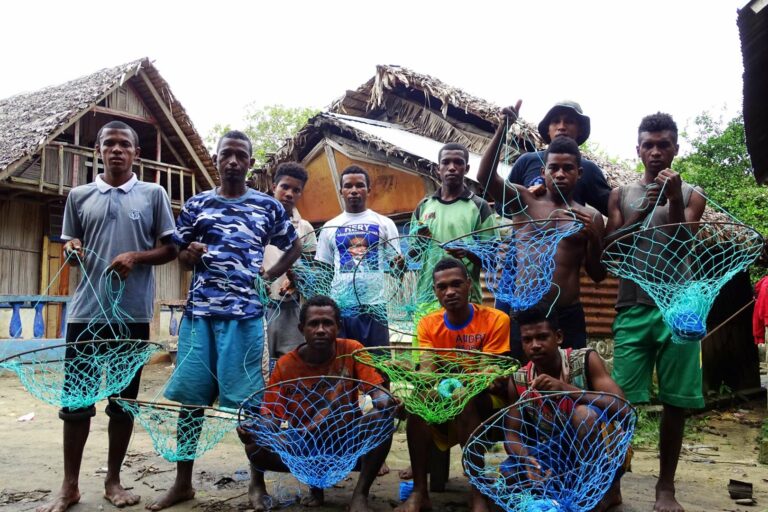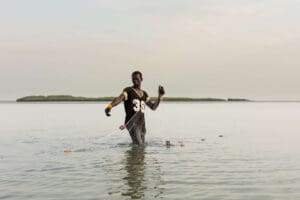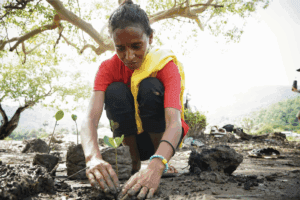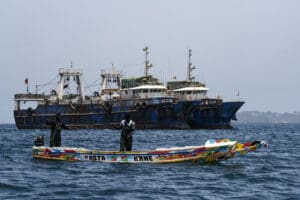In a positive move towards a more sustainable mud crab fishery in Madagascar, the Minister of Fisheries Augustin Andriamananoro announced a new decree for a national closure of the crab fishery in 2019. This closure is timed to protect the crabs at a vulnerable stage in their life cycle, helping to maintain healthy, stable population levels and secure the productivity of the crab fishery upon which many small-scale fishers in western Madagascar depend.
This new legislation follows a series of regional and national workshops in 2018 organised by the MIHARI Network, Blue Ventures, WWF, WCS, Conservation International and the Ministry of Fisheries to discuss the future management of the mud crab fishery.
The timing of the closure, in September and October, is supported by research carried out by Blue Ventures and several coastal communities in western Madagascar in collaboration with research institutes such as IHSM. At the workshops, our fisheries team presented the results of seven years of mud crab fishery research, and made several recommendations for protecting wild crab populations and increasing the value of crab catch both during and after harvest. These recommendations are illustrated in a good practice guide to crab fishing in Madagascar.
Participants at the national workshop in November 2018 agreed on a number of important actions and committed to implementing them over the coming years; the national closure is the first one to be signed into national law (decree no. 1165). Other actions included increasing the minimum permitted catch size from 11 cm to 12 cm, promoting the use of effective and safe fishing gear, and improving storage and transport methods to reduce post-harvest losses.
The fisheries authorities had previously initiated national crab fishery closures but these ceased in 2016, apparently due to concerns about effectiveness. The impact of this new closure will be assessed in 2020, and we hope that it will be extended to the full three months as recommended at the workshop.
Contact Adrian Levrel for further information
Find out more about our work rebuilding fisheries


















